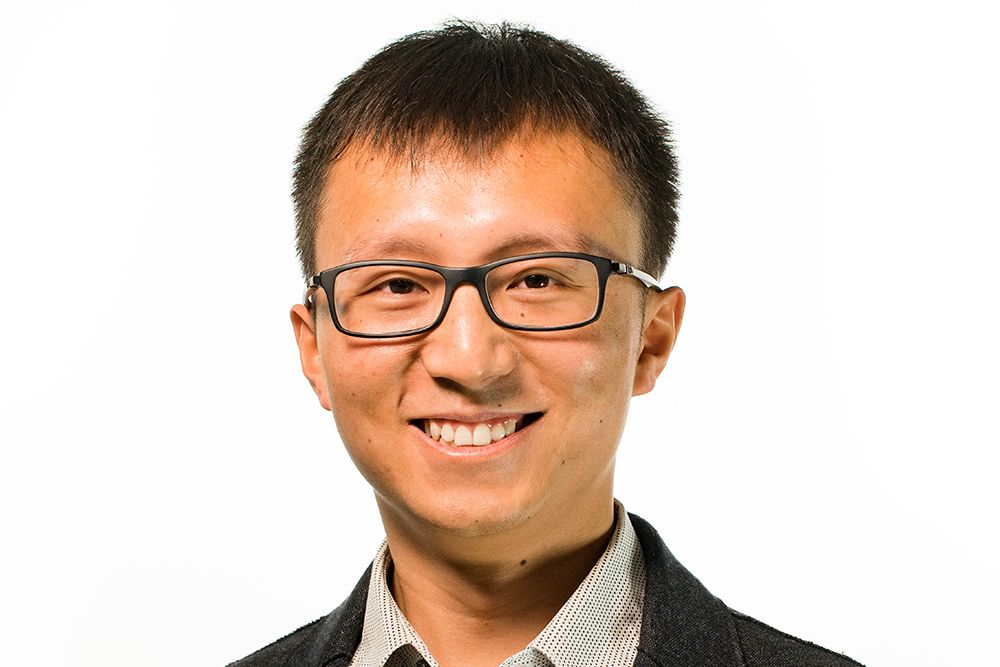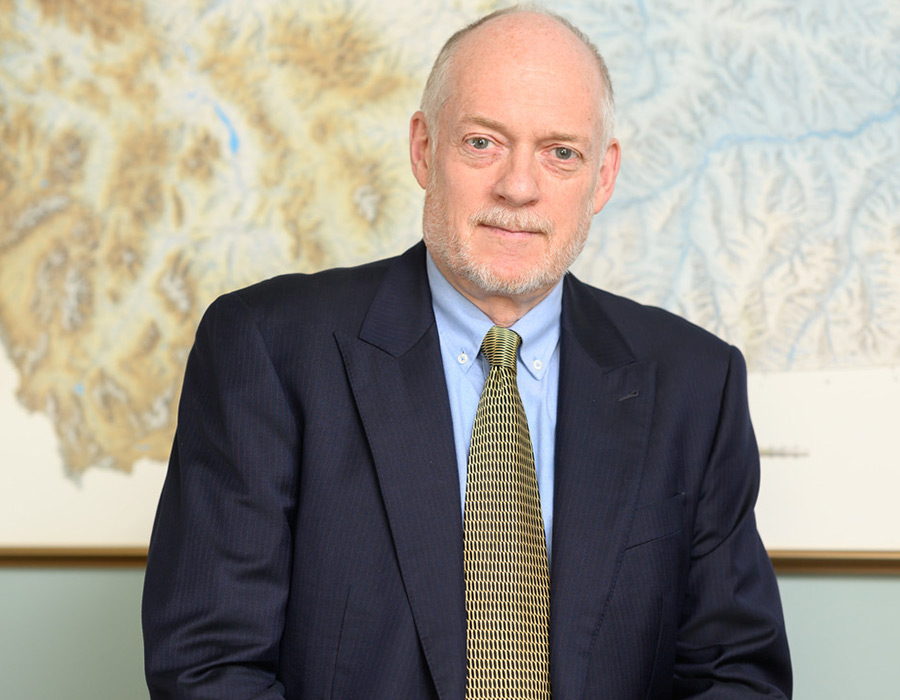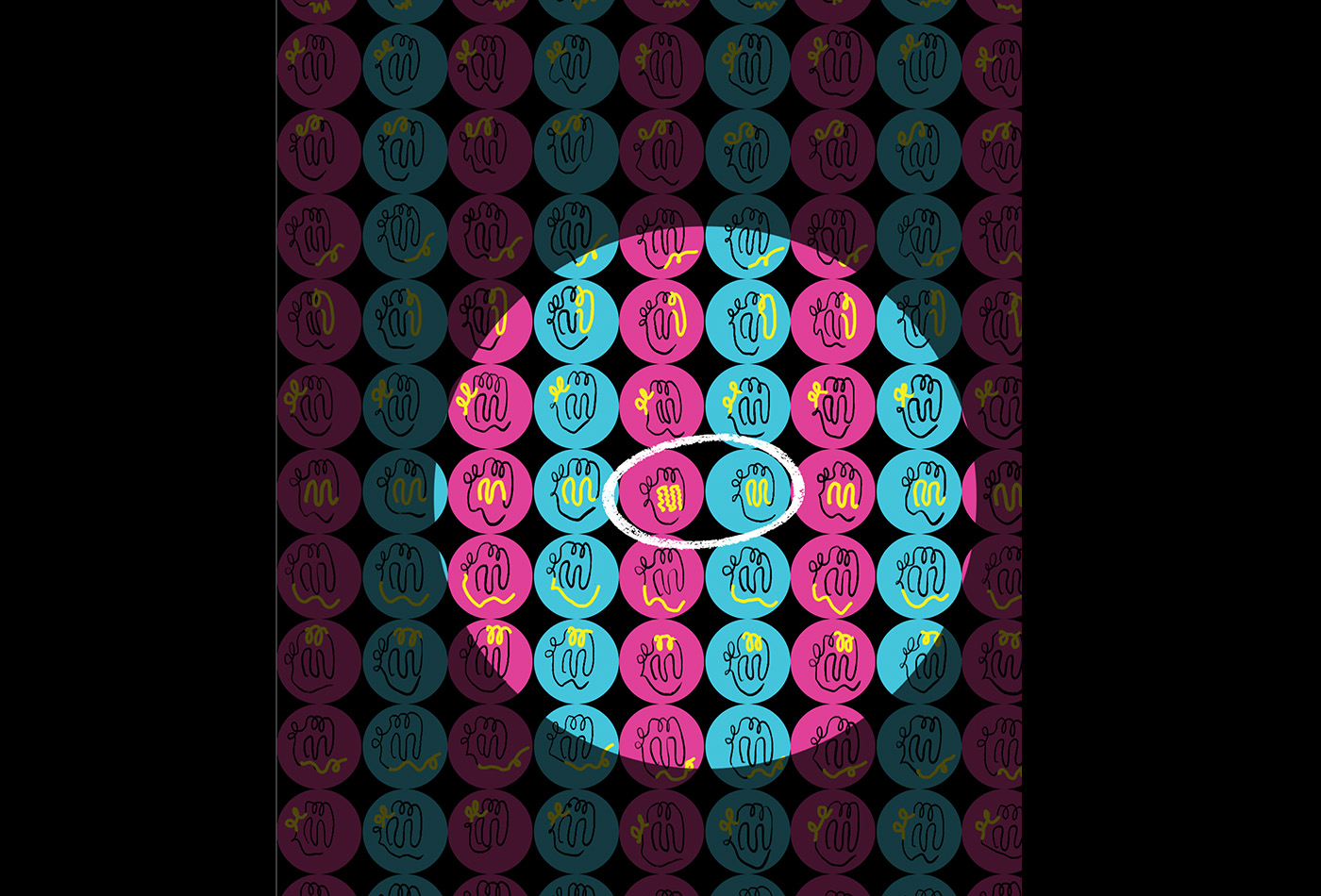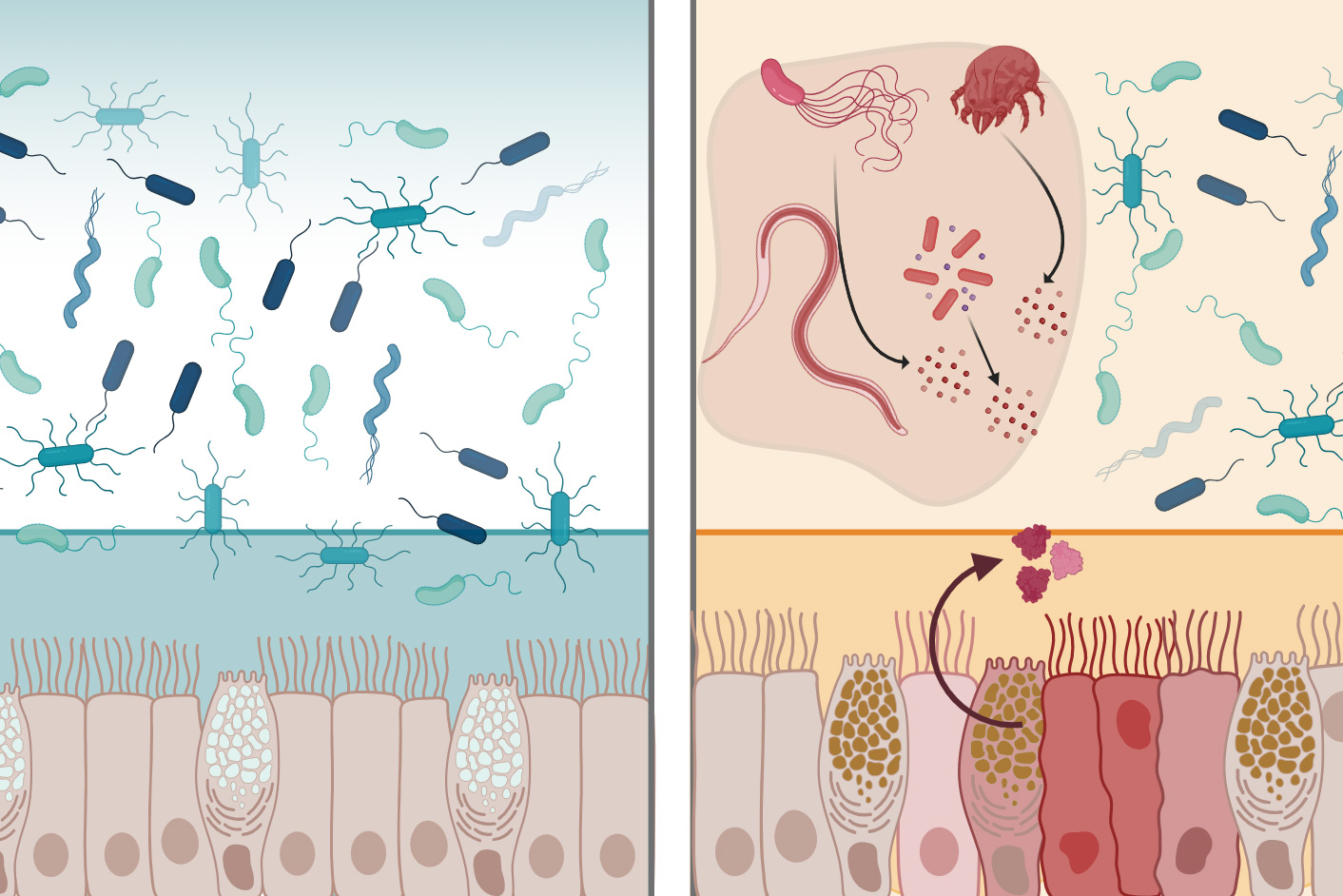Chi Zhang wins IUPAC-Solvay International Award for Young Chemists
Award from the International Union of Pure and Applied Chemistry and Solvay recognizes the best PhD theses in the chemical sciences.
Chi Zhang, a postdoc in the MIT Department of Chemistry, has been named one of five winners of the 2018 International Union of Pure and Applied Chemistry-Solvay International Award for Young Chemists for his thesis, entitled “Cysteine Arylation.”
Upon winning this award, Zhang expressed his sincere gratitude for his collaborators during his time as a graduate student.
“The prize is a great honor for recognizing my thesis performed under Professor Brad Pentelute’s supervision,” said Zhang. “I wouldn’t have had a chance to win this prize without Brad’s support and encouragement throughout my years in graduate school, and, in addition, my thesis chair, Professor JoAnne Stubbe, has been instrumental in providing me with advice and help for my science and career. I am also very fortunate to have worked with exceptional collaborators from the groups of Professor Steve Buchwald, Professor Troy Van Voorhis, Professor Mei Hong, and Professor Dane Wittrup. MIT’s highly collaborative environment is one of my best experiences in graduate research.”
The IUPAC-Solvay International Award recognizes the best PhD theses in the chemical sciences. Zhang was selected from a pool of 45 applications from individuals receiving their PhD degrees from institutions in 15 countries. The award selection committee, chaired by Professor Natalia Tarasova, IUPAC past president, comprised members of the IUPAC Bureau and a senior science advisor from Solvay, all of whom have a wide range of experience in chemistry.
Zhang will receive a cash prize of $1,000, in addition to travel expenses to the 47th IUPAC World Chemistry Congress, July 7-12, 2019, in Paris. Along with his fellow winners, Zhang will also be invited to present a poster at the IUPAC Congress describing his award-winning work and to submit a short critical review on aspects of his research topic, to be published in Pure and Applied Chemistry. The awards will be presented to the winners of the 2018 and 2019 competitions during the opening ceremony of the congress.
Research in the Pentelute lab entails the use of new chemistry and platforms to solve important problems in chemical biology. The group focuses on the use of cysteine arylation to generate abiotic macromolecular proteins, the precision delivery of biomolecules into cells, and the development of fast flow platforms to rapidly produce polypeptides.





